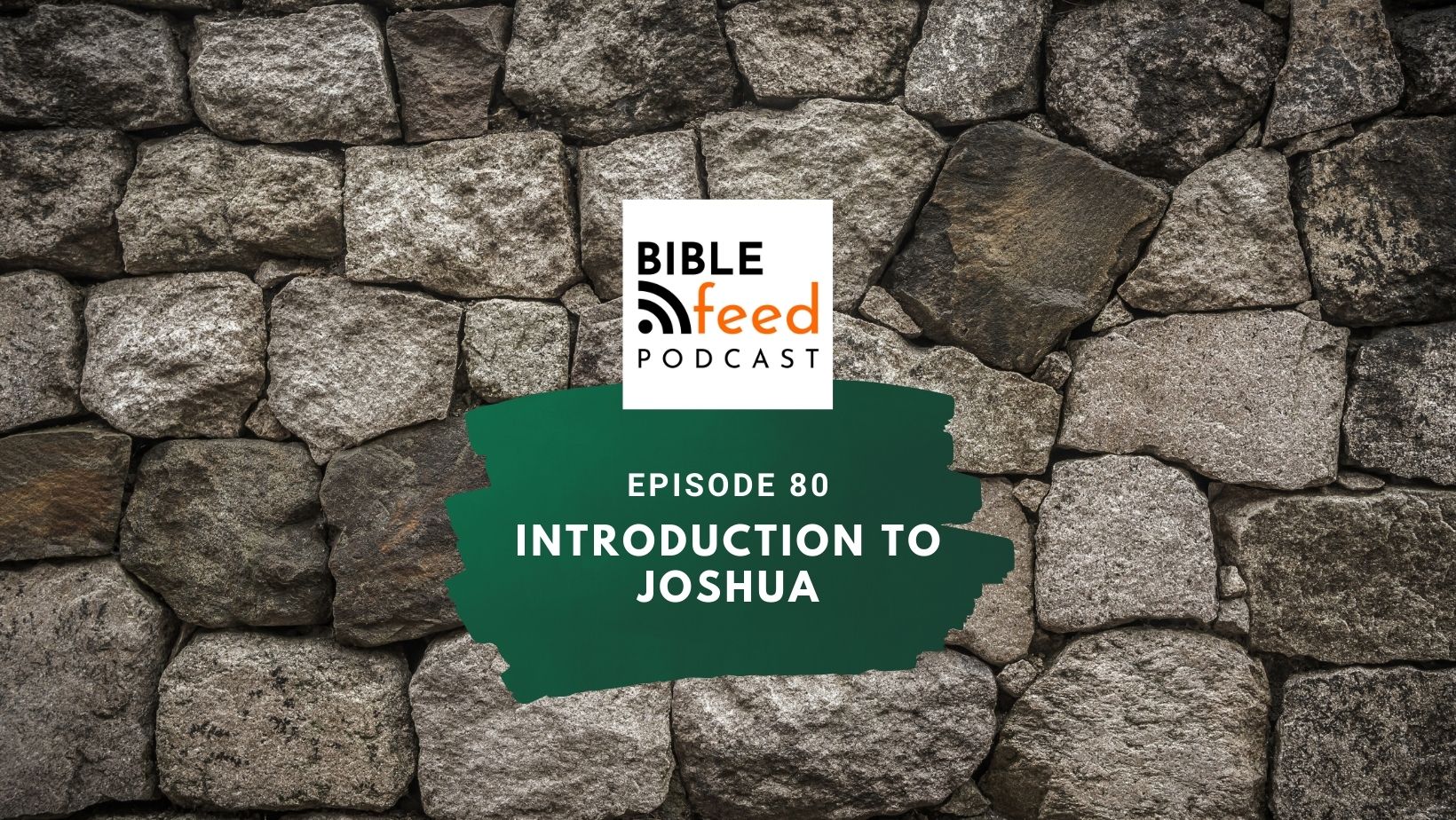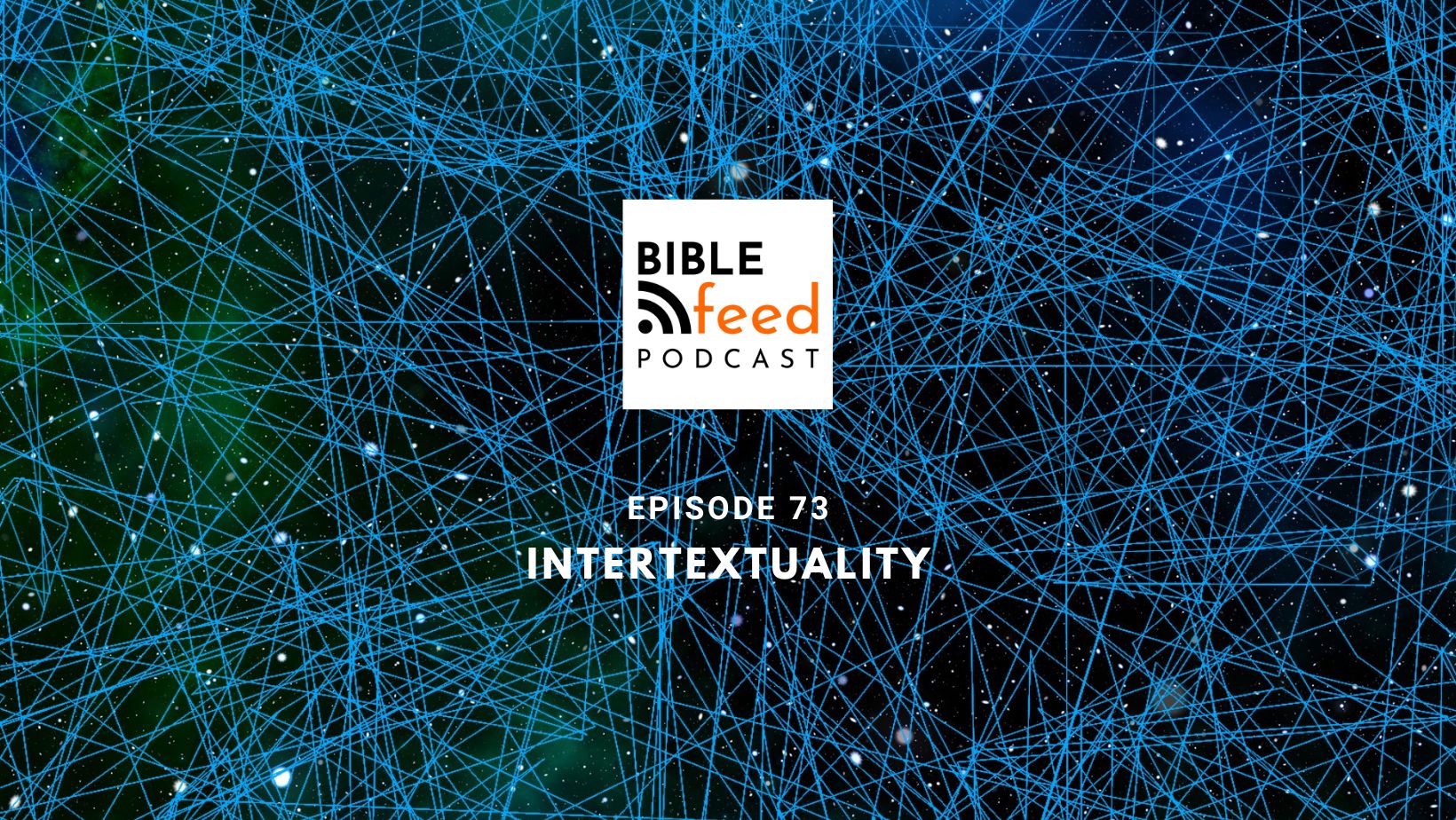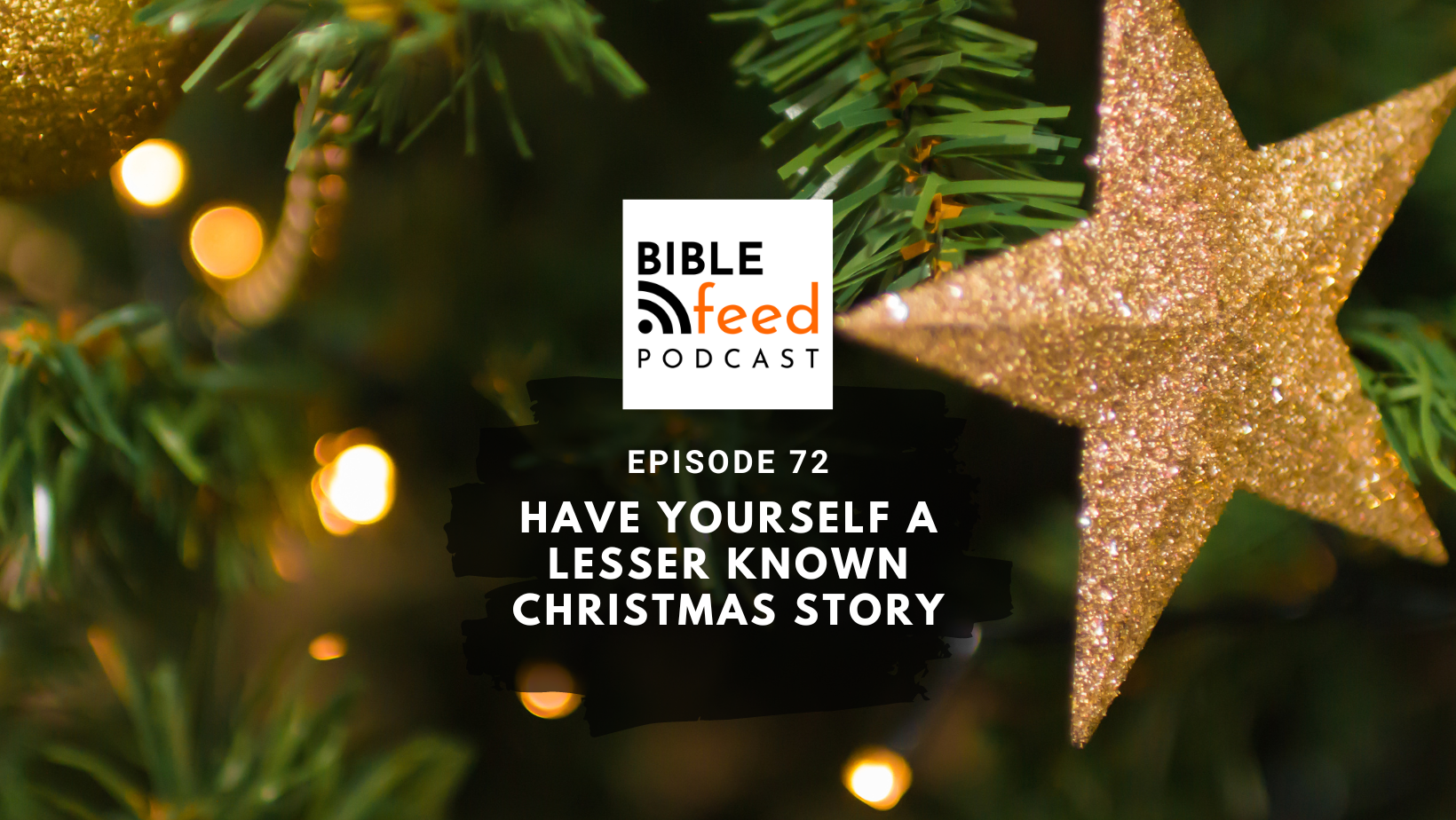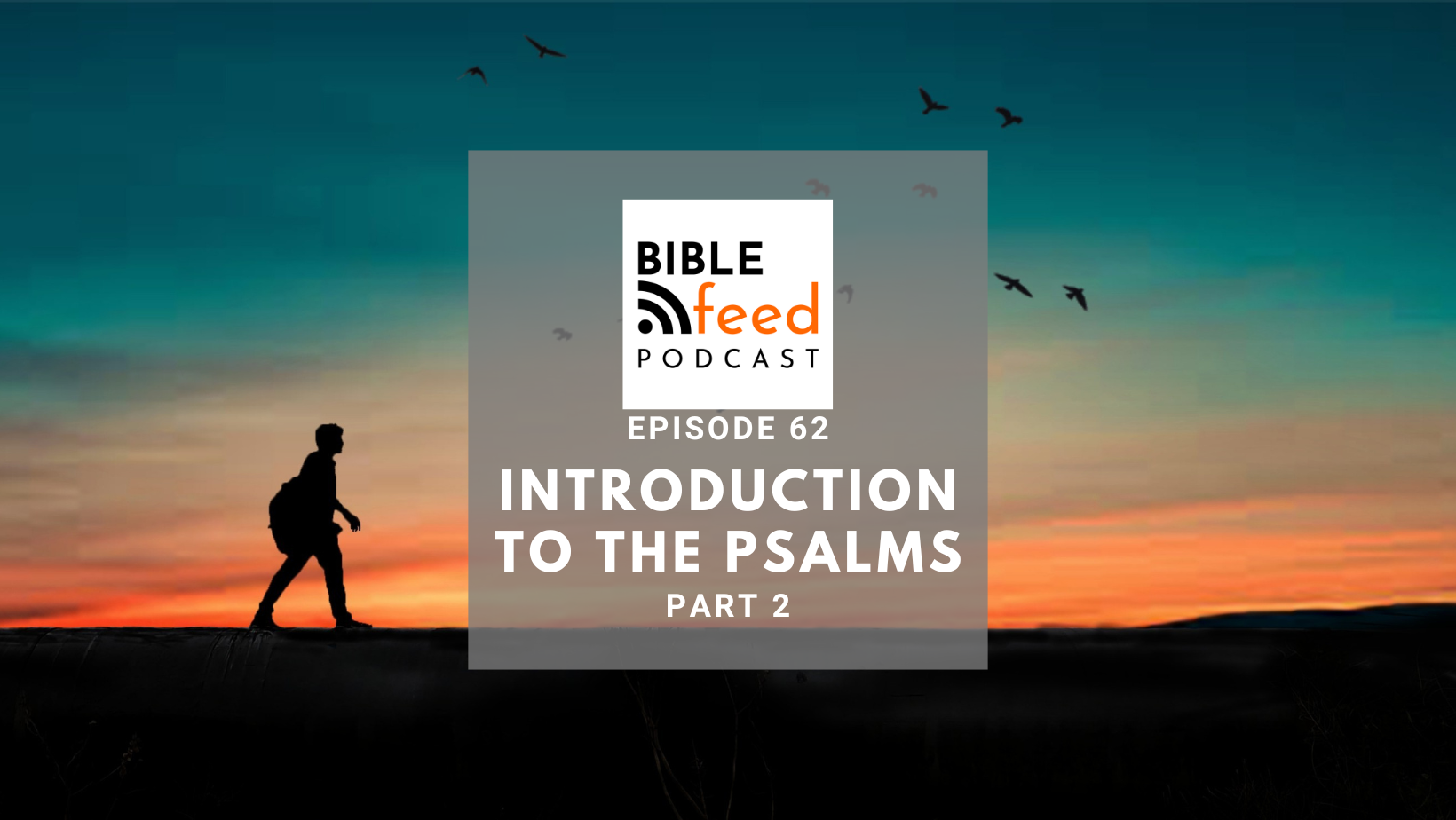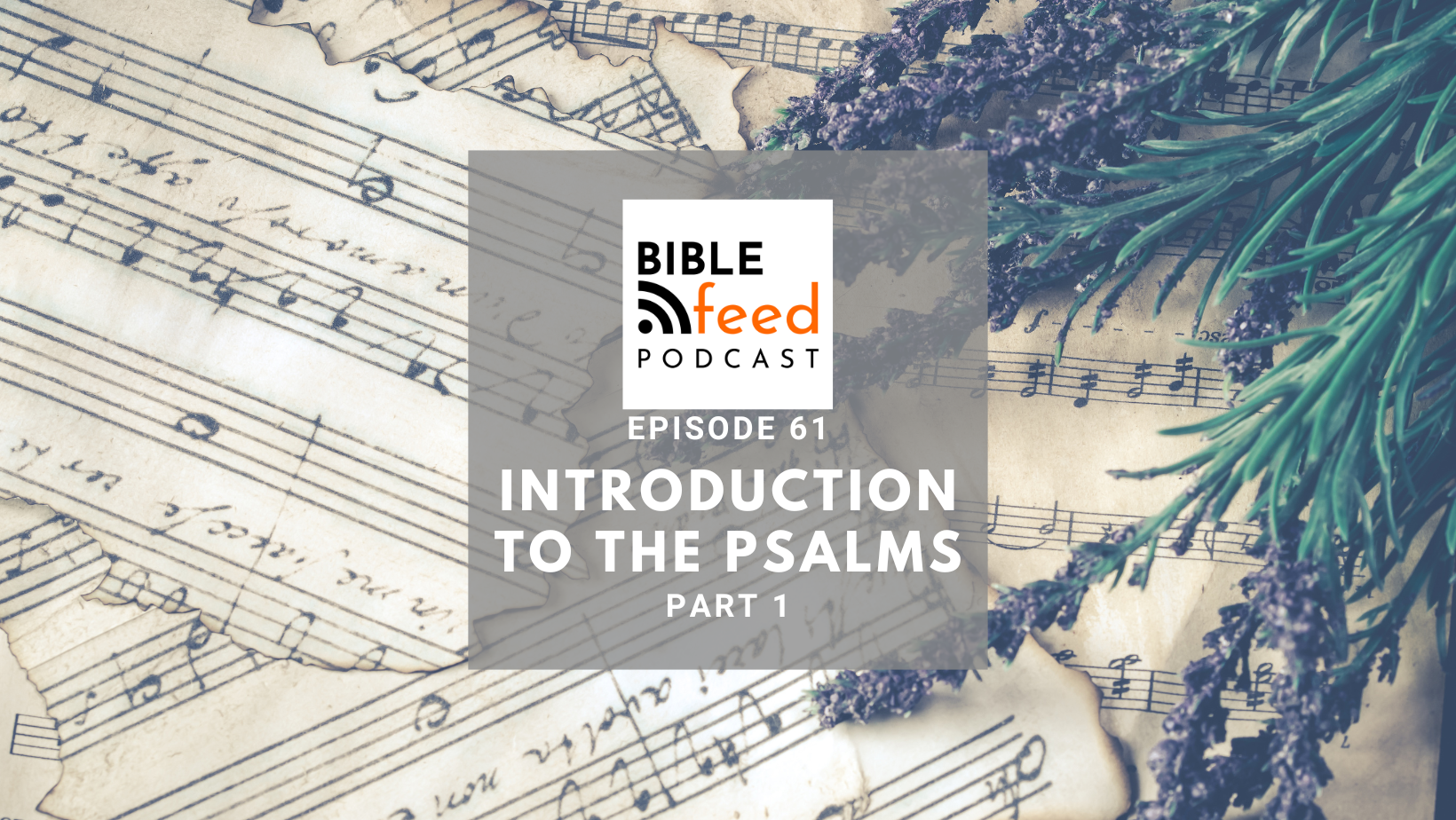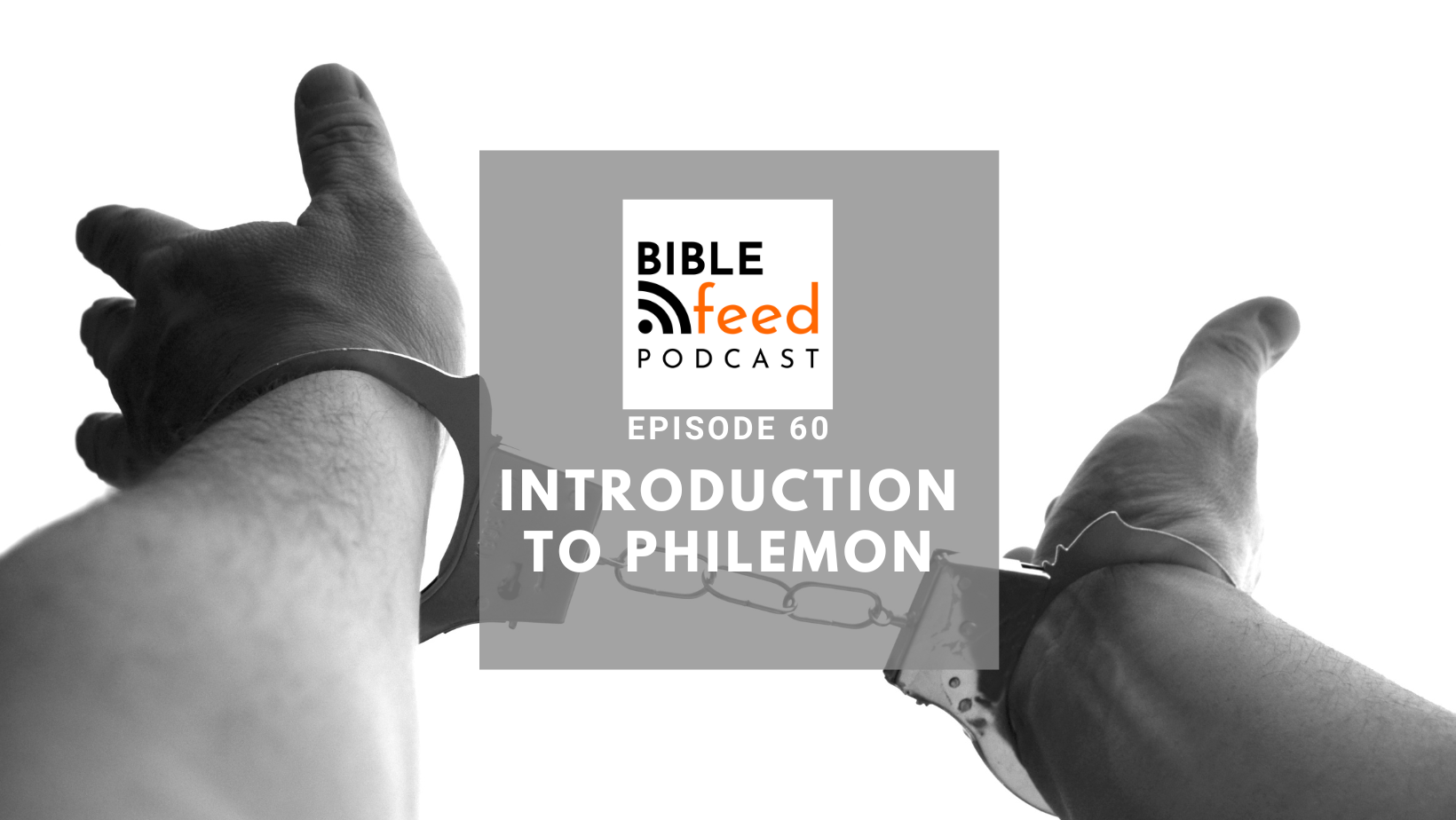The book of Joshua is difficult and sometimes controversial. By examining its structure and themes that lead us to some surprising key characters, like Rahab and the Gibeonites, we discuss the moral and historical complexities in this introduction to the book of Joshua.
Paul and Dan talk about "intertextuality" - basically, how the meaning of a text is influenced by references to other texts. The Bible (not surprisingly) is full of links between its 66 books. But how far can we take this? Can we go too far and see patterns where there are none (like seeing the face of Jesus in a slice of toast)?!
Relaunching the podcast, Dan and Laurence celebrate by pondering a lesser known Christmas story. They encounter a community of people in the temple at Jerusalem "waiting for the consolation of Israel". They discover that the birth of Jesus is firmly rooted in a backstory. Investigating mystery deaths and incomplete sentences, this is an invitation to have yourself a lesser known Christmas story!
Continuing the conversation from Part 1, Jordan and Dan find that some Psalms express doubts and uncertainties and deeply question what God is doing. But by remembering what God has done in the past the Psalmist is led back to peace of mind and trust in God, ending with a call for "everything that has breath to praise the LORD"!
In the first part of our introduction to the Psalms, Dan talks to Jordan Walton about whether the Psalter is just a random collection of prayers and songs or whether there is some structure to it. Having identified a five book structure, they start to delve into the focus of books one and two.
For the next of our Bible book introductions we take a look at the smallest of Paul's letters, his letter to Philemon. Why should a personal letter about fixing a very personal relationship be included in the scriptures? We find that it is, in fact, an incredibly revealing case study into how being a Christian should change the way we view society and people around us.
Leviticus may not be the most appealing read, after all, what does how long you remain unclean if you touch a dead body, have to do with a Christian today? But by scratching the surface we find that the careful structure of this book points to something, or rather someone, who is so much greater than the law.
How should we read the Old Testament in the light of Jesus? Do we even need to pay it any attention now that Jesus has come? We consider what it means for Jesus to fulfil the Old Testament and find that, when Jesus reads and applies the different parts of the Hebrew Bible, he shows us how to bring it to life in our lives as Christians today.
What does it mean for something to be the inspired word of God? Is it possible to explain how that happens, and if we can't, what certainty can we have about divine authority behind the text of the Bible? Considering these questions leads us to realise how important it is to treat the text with respect and be responsible and humble in how we draw out our interpretations of God's word.
It’s been trending for some time now. Christian deconstruction is a phenomenon that is hard not to notice. But once the deconstruction bug has bitten, is it possible to build a resilient faith back up again?

